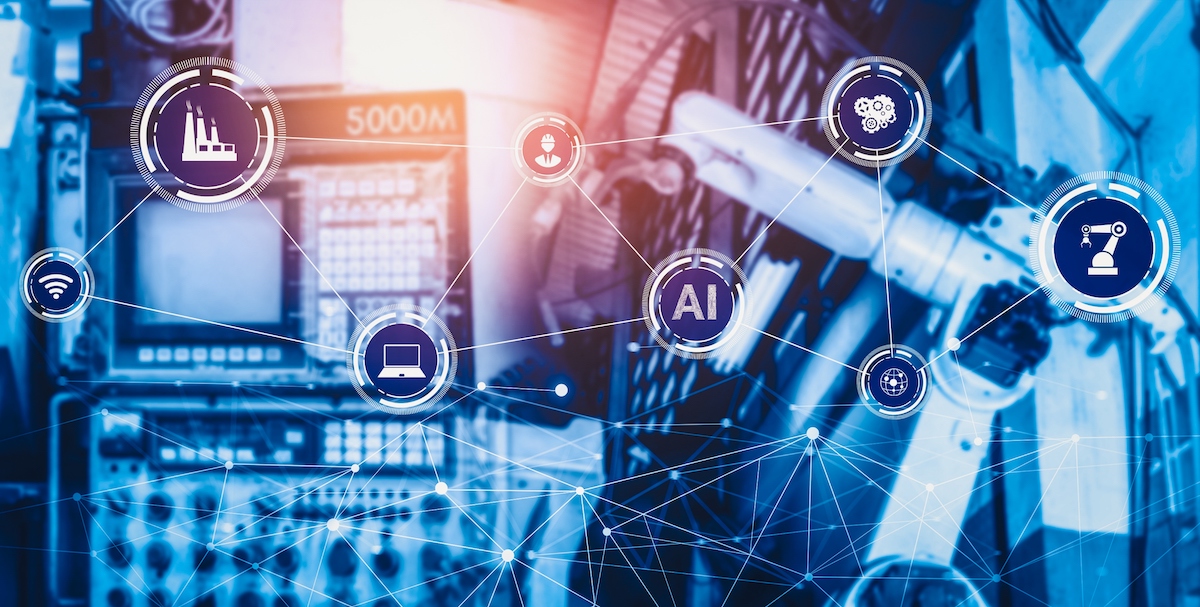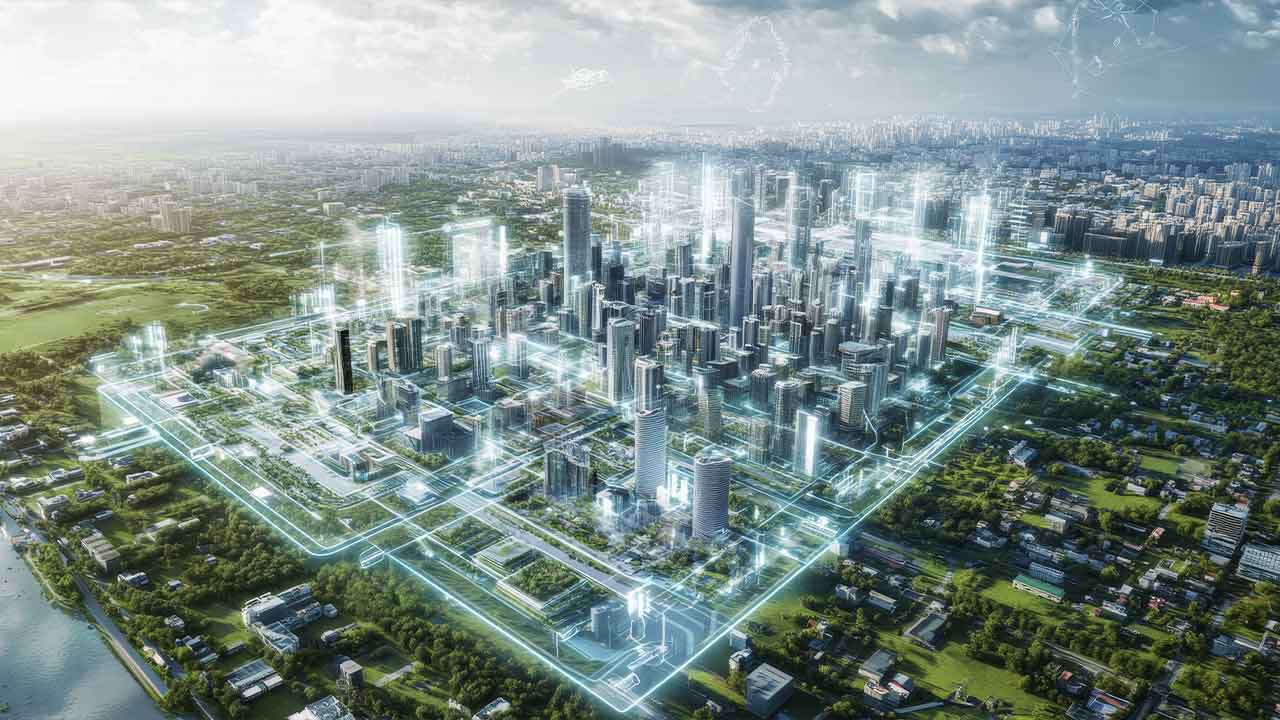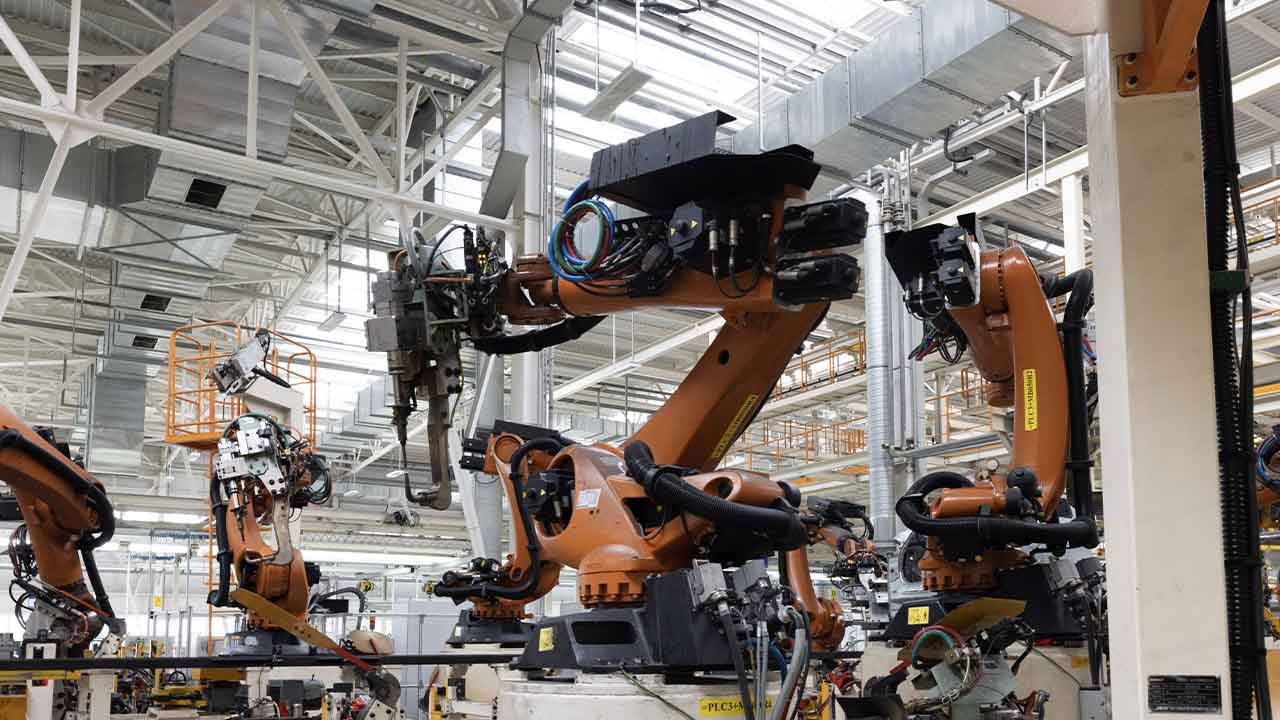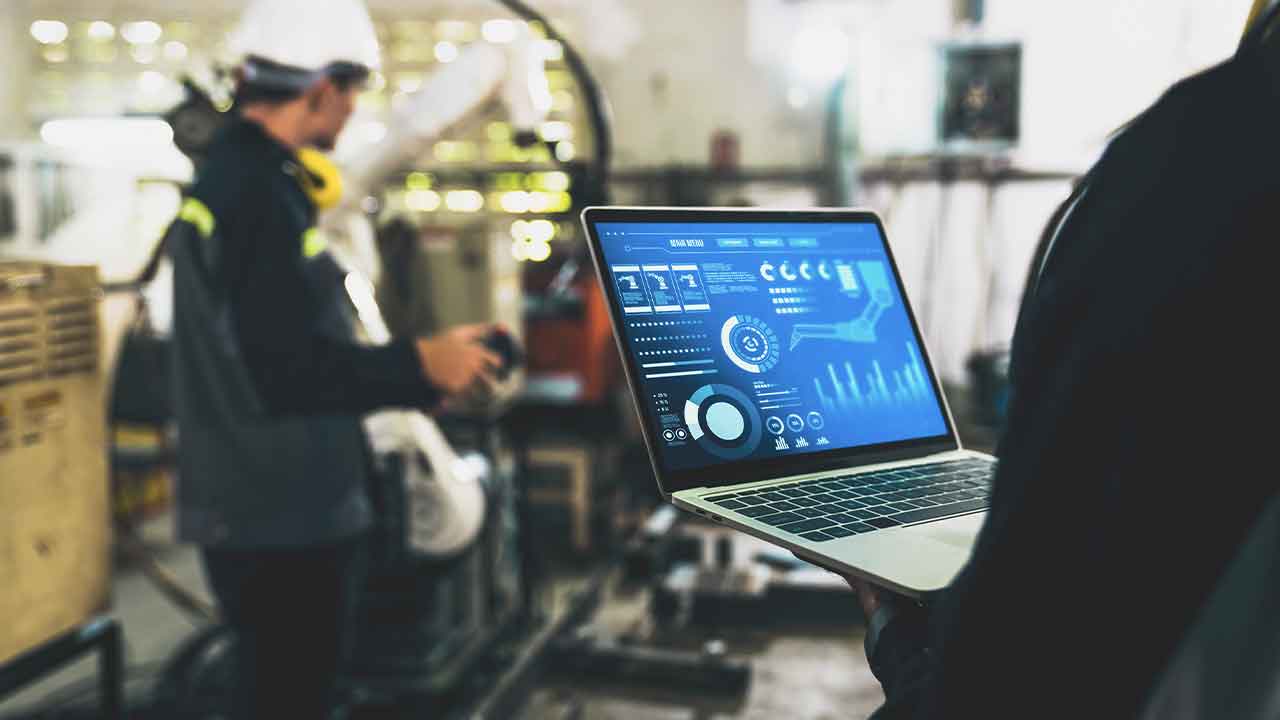How AI Drives Sustainability In The Manufacturing Industry?
It starts to become clearer and clearer the connection between artificial intelligence and sustainability. AI is on its way to help the world become more sustainable and that is no different for the manufacturing industry. Necessarily, the road implies addressing the three P’s of sustainability – people, planet and profit – and how AI is influencing each one of these levels in manufacturing.
The millennial workforce is becoming disruptive, increasingly aiming to adopt long-term policies that will provide a more stable and sustainable environment. This is becoming part of a growing identity. The industrial actors that put aside sustainability goals have or will have a harder time to find a future workforce or customers. This is simply explained by the fact that these agents will not invest in products or services that do not meet nor represent their values. Interestingly, we can expected a future tendency to evaluate the companies less on their profit and loss statements and more on their commitment with the three P’s of sustainability.
1. People
In order for you to be able to create the workforce of the future in your own factory it is essential to do two things:
- capture and transfer the right knowledge and know-how from today’s employees.
- empower people with technological knowledge to spark innovation and help build a more sustainable future.
AI is transforming because it makes possible to turn hidden data into actionable insights! This can be the secret to optimize your competitive advantages. Any employee can learn, have access to this technological tool and make a great impact on the factory. Because of AI, the data collected on the shop floor and knowledge is delivered faster, at a higher scale, at the right time, by using augmented and virtual reality, other collaborative platforms and 3D, making training a lot more intuitive.
With the right information and insights on hand, people are better prepared to make more informed and precise decisions. It is this symbiotic relationship between AI and people that manufacturers still need to work on and develop because it will make both sides smarter and tuned.
2. Planet
AI enables the adoption of preventive maintenance which, consequently, will help embracing lean practices throughout the whole product cycle. This way, companies are actively minimizing its environmental footprint. This not only applies to problems on the shop floor but it takes also a larger scale by continually evaluating and streamlining all operations.
Eliminating anything that doesn’t add value to the manufacturing line in critical areas is a concern of manufacturing. It’s basically eliminating waste. AI technology can self-learn from evolving targets in sales, inventories, resources and capacity which will help to target these goals and optimize the value chain. This is basically the best way your factory has to anticipate the most beneficial tradeoffs in order to diminish waste.
3. Profit
AI also enables sustainability throughout the value chain with the delivery of unique experiences to the market. Companies can have more visibility into resources and processes and how everything is related and interconnected. Manufacturers have here a great opportunity to coordinate all stakeholders more efficiently and agilely.
With AI you can evaluate a huge number of potential scenarios to find out the right data. You can capture, standardize and analyze data to evaluate a business activity’s environmental and social impacts and then practice informed decision-making.
“AI will trigger and accelerate trends that positively impact sustainability, such as increasing system efficiency, which goes usually hand-in-hand with an environmental footprint reduction. Additionally, predicting demand and consumption, for example, based on weather data can help improve food industry and supply efficiency by reducing avoidable food losses from field-to-fork”, Min-Kin Mak, Vice President Corporate Development and Digital Transformation at SIG explains.
What still needs to be done?
Despite all the sustainability benefits AI can bring to your factory, there are certain parameters that need to be taken into account.
AI requires sufficiently specific data which means data collection is a must to apply AI tools. For this reason, it is important for manufacturers to identify use cases before generating and storing data. This will obviously mean investments towards sensors, connectivity and cloud solutions, for example. The key is to identify those use cases with the biggest business impact and a gripping financial case to assimilate what AI can do for your manufacturing factory and industry overall.
The virtual world allows for the right observation and decision-making in manufacturing. AI enables faster access to virtual worlds which, consequently, is making the real world more efficient. It is not just about new insights and knowledge (which in itself is already huge) but also about the way AI can help you capture, understand experience and reuse it, contributing to a more balanced and sustainable approach to life in the manufacturing world. Find out How to Achieve More Sustainable Manufacturing Practices
About the author
 This article was written by Cristiano Wuerzius, Founder and CEO at PackIOT and originally it was published here. Cristiano is a brazilian entrepreneur in the Industry 4.0 and IoT context. With a vast experience in the manufacturing environment around the world, he helps companies to have a better understanding of their metrics and be more efficient with modern software and analytics solutions.
This article was written by Cristiano Wuerzius, Founder and CEO at PackIOT and originally it was published here. Cristiano is a brazilian entrepreneur in the Industry 4.0 and IoT context. With a vast experience in the manufacturing environment around the world, he helps companies to have a better understanding of their metrics and be more efficient with modern software and analytics solutions.



